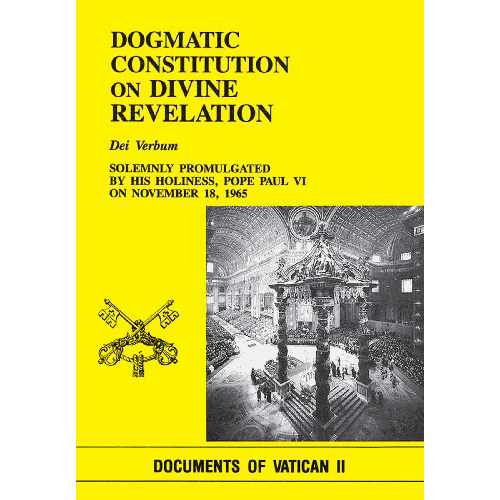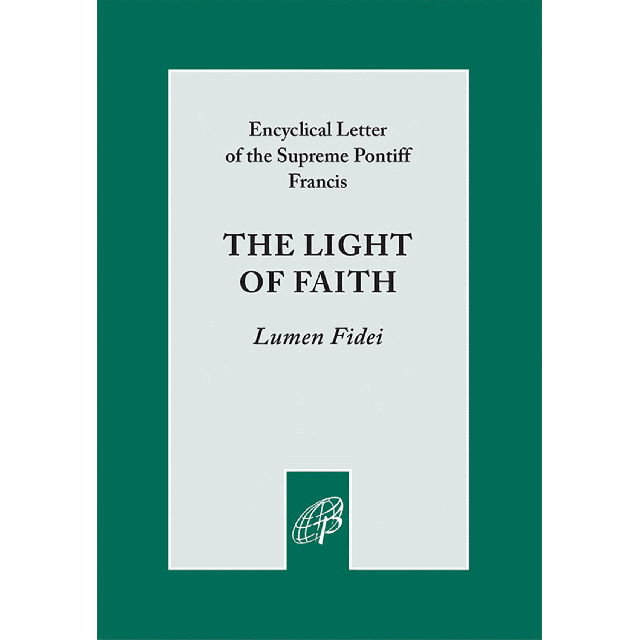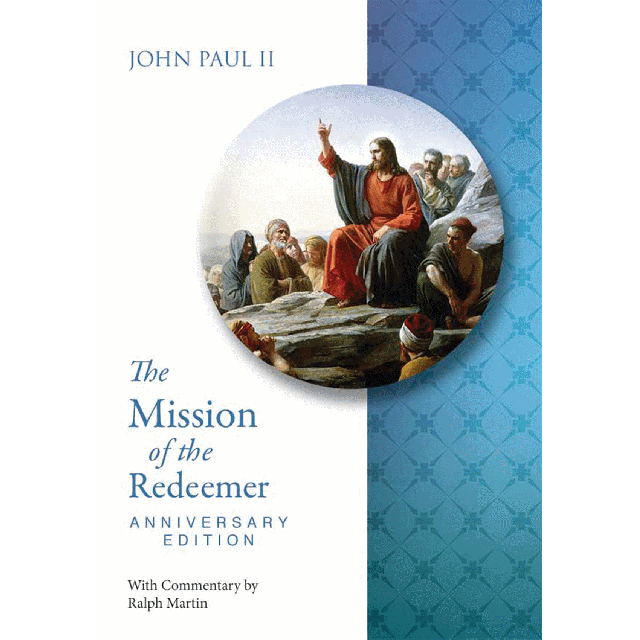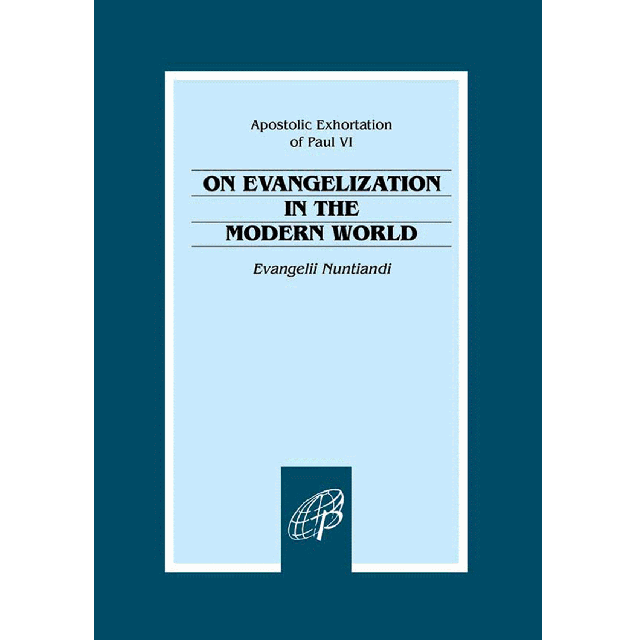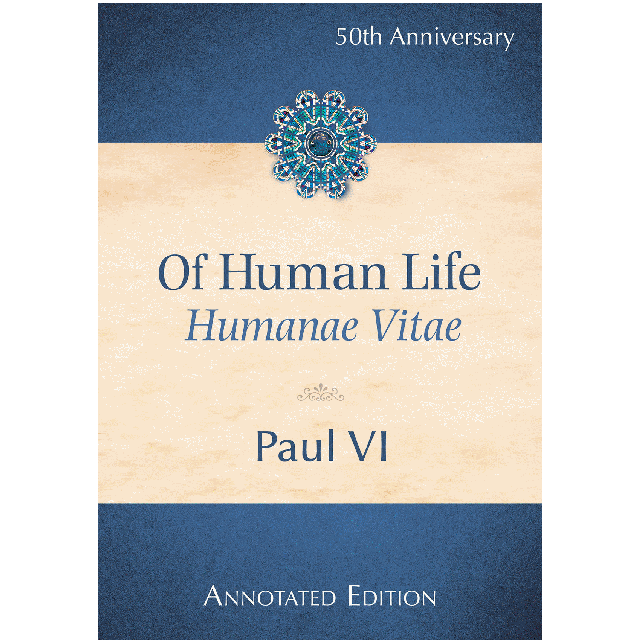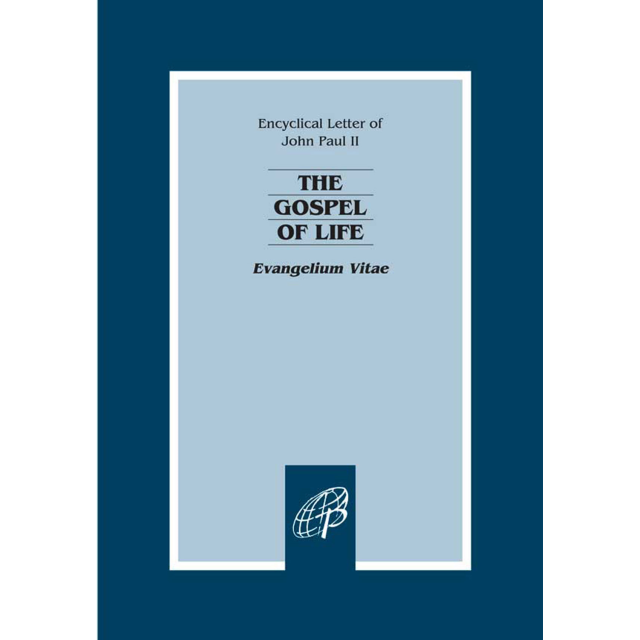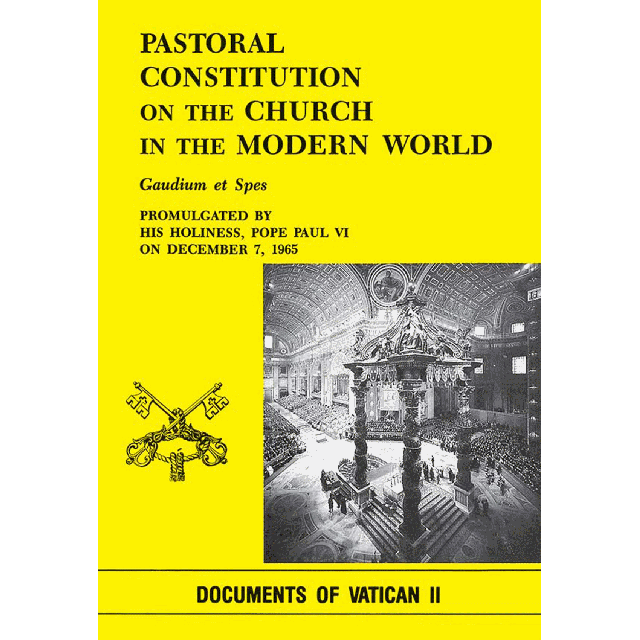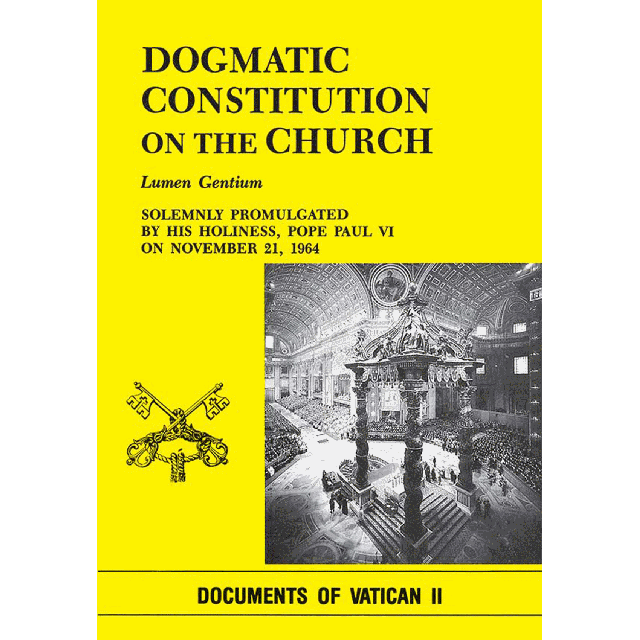We use cookies to make your experience better. To comply with the new e-Privacy directive, we need to ask for your consent to set the cookies. Learn more.
Dogmatic Constitution on Divine Revelation - Dei Verbum
The document Dei Verbum is one of the most authoritative and important documents of the Council. Its purpose is to spell out the Churchs understanding of the nature of revelation, that is, the process whereby God communicates with human beings. It touches on questions about Scripture, tradition and the teaching authority of the Church.
Dei Verbum continues the trajectory initiated by Divino Afflante Spiritu, allowing Catholic scripture scholars to read the Bible as arising within particular social and cultural contexts.
The major concern of the document is to proclaim a Catholic understanding of the Bible as the "word of God." This understanding is placed within the larger context of the Church's understanding of revelation itself. Here the document speaks not of revelation about God, but the revelation of God. God communicates his very self to us, making us "sharers in the divine nature." The document places revelation in the context of God's saving will operating in history.
Key elements of the document include the Trinitarian structure of revelation in which both the Word of God incarnate in Jesus Christ and the Holy Spirit play a role, the relationship between scripture and tradition in the context of the transmission of revelation within the Church, the role of the apostles and bishop in the transmission of revelation, the understanding of scripture and tradition as one divine wellspring making up a single deposit of revelation entrusted to the Church, the encouragement of Catholic scripture scholars to read the Bible within its historical context, paying attention to the "literary forms" of the text, and the encouragement of Catholics to read the Bible.
